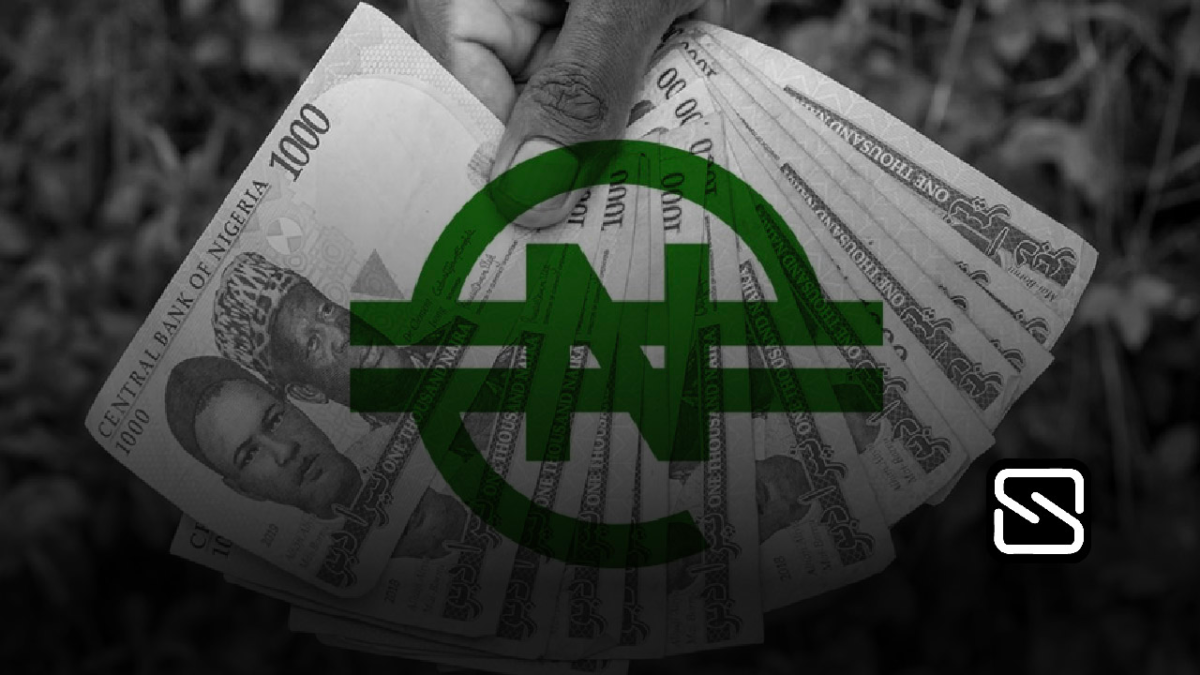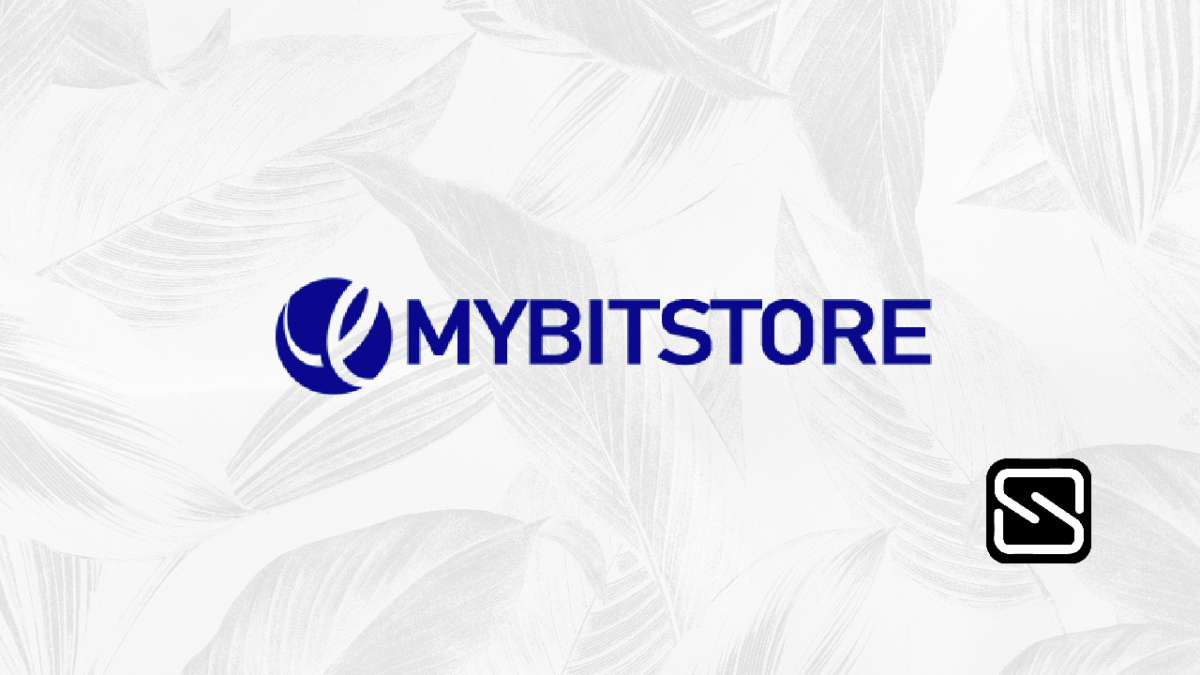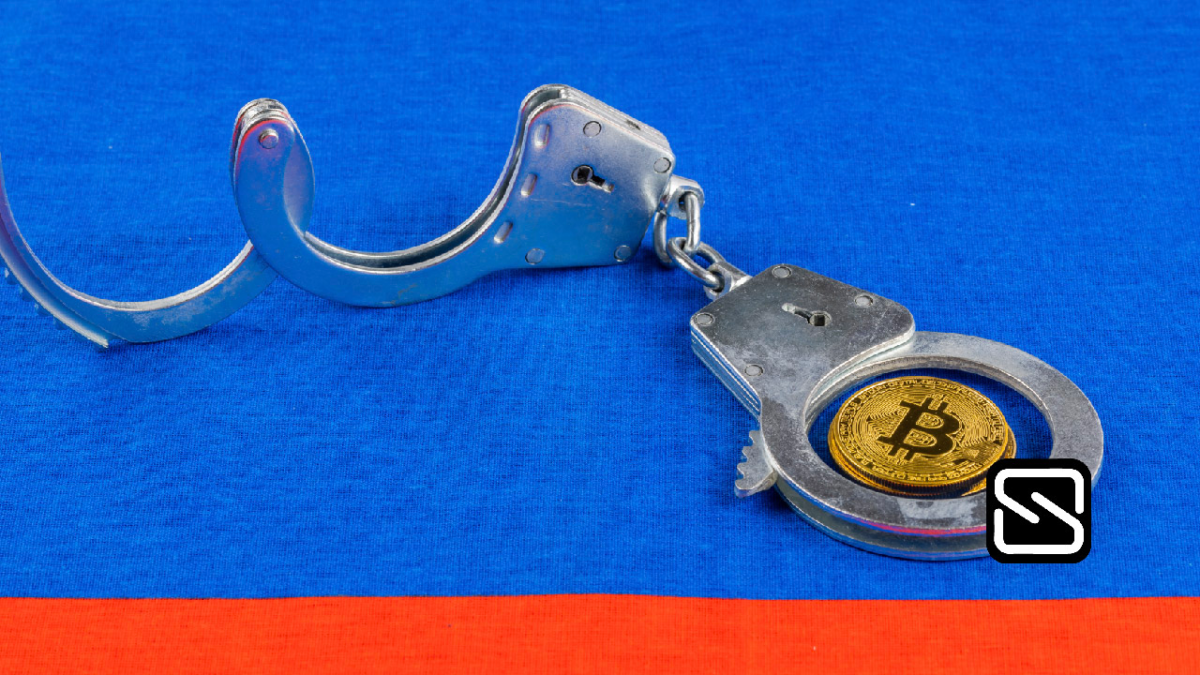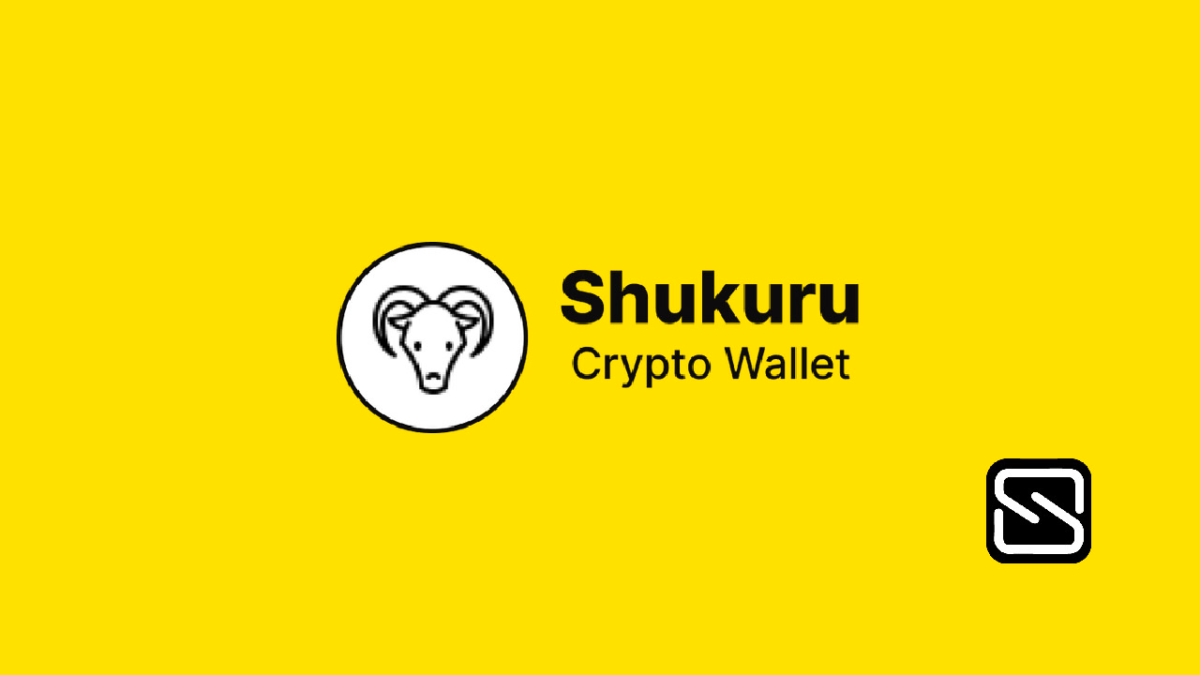eNaira, the central bank digital currency (CBDC) of Nigeria, will enter the second phase of its expansion with new technologies to increase its user base, according to Godwin Emefiele, governor of the Nigerian Central Bank, who recently spoke to participants at the eNaira Hackathon in Abuja.
The technical upgrades will add to the attractiveness and accessibility of the CBDC.
“The second phase of the project has begun and is intended to drive financial inclusion by onboarding the unbanked and underserved users with a target of about 8 million active users,” Emefiele said.
“We don’t have a choice but to live with the fact that we are now in a digital economy, in a digital space, where the user[s] of cash will dissipate almost to zero,” he added.
The Governor also highlighted that the CBDC has had about 840,000 downloads, with about 270,000 active wallets, including 252,000 consumer wallets and there have been about 200,000 transactions worth 4 billion nairas (about $9.5 million at the official exchange rate).
Speaking about the upgrades he said, “The central bank is incorporating Unstructured Supplementary Service Data (USSD) in the coming weeks to allow users to create eNaira wallets by dialing a four-digit code on their mobile telephones, whether or not they have bank accounts. After that, users with bank accounts will be able to use the Nigeria Inter-Bank Settlement System (NIPS) instant payment system to make transfers between bank accounts. The eNaira already has apps allowing the user to pay for utilities and a number of other services.”
The eNaira platform will also be enhanced with the eNaira Hackathon platform, adding to its features.
Despite the country’s implied ban on cryptocurrencies, the naira and the eNaira face fierce competition from cryptocurrencies because of the instability of the fiat currency.









